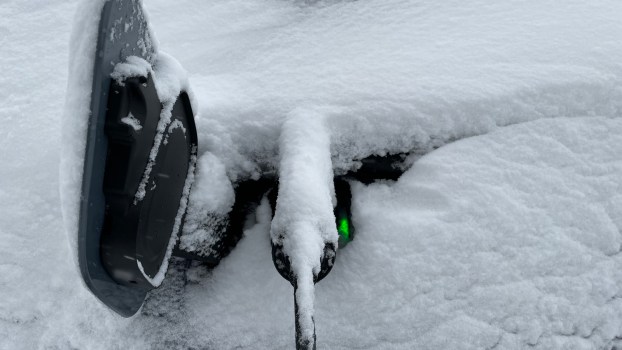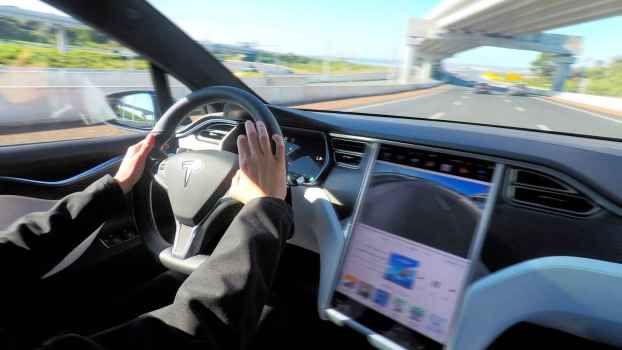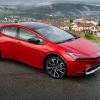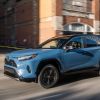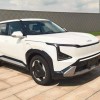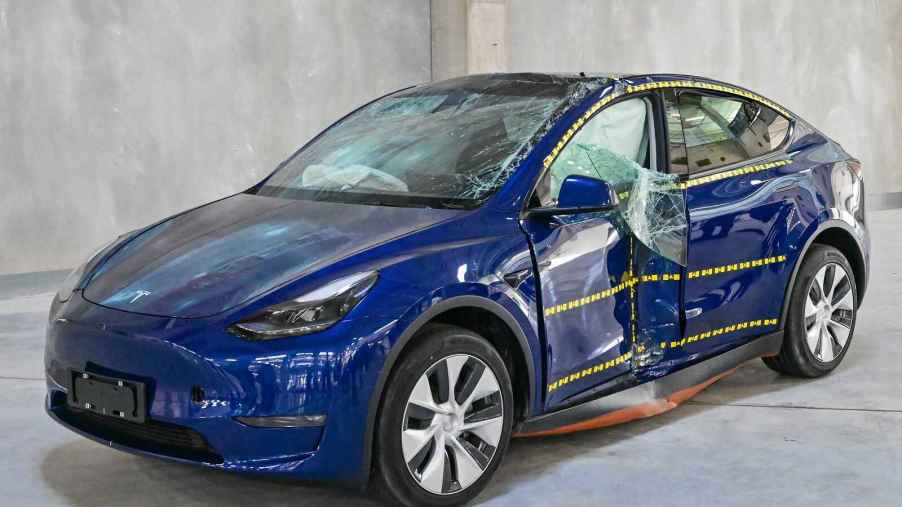
Why EVs Crash 14% More Than Other Cars, and How It’s “Mostly a Tesla Thing”
Researchers at LexisNexis Risk Solutions recently examined insurance data and found that EV drivers have 14.3% more claims than others. This is a striking statistic since EVs don’t yet make up the majority of cars on U.S. roads. Small wonder why Hertz is backing out 20,000 units from its electric fleet. 80% of Hertz’s fleet are Teslas. The company expects to take a $245 million loss on the walkback, citing repair expenses. Why do EVs get wrecked more than gas-powered cars?
The EV learning curve
While you might think EVs operate the same as a gas-powered car, they often don’t. The internet is chock-full of drivers tearing their hair out about their EVs. Not to mention fatalities from acceleration issues. Also, there was the recent Tesla update to back off of self-driving mode if the driver doesn’t respond to presence cues. In general, people getting licensed are still mostly learning with gas-powered cars. Because those are much more tactile, we simply aren’t used to EVs when we first hop in.
Teslas were flagged as the majority of EV claims for the simple reason that most EVs on the road are Teslas. They have a number of oddities compared to modern gas-powered cars. Teslas turn on when the driver sits in the seat and power off when the driver gets out. They also have a feature called “one-pedal driving.” A driver can use the accelerator as both the gas and brake. By taking their foot off the gas pedal, the car will automatically slow and eventually come to a natural stop. There might be confusion in hitting the actual brake pedal in emergency stopping.
EVs can also be much faster than other cars, plus their increased weight causes more damage in collisions.
LexisNexis concluded that insurance claims were even higher in homes that had both a gas-powered car and an EV. This indicates that perhaps household drivers aren’t primarily in the EV, thus not getting their 10,000 hours of practice in.
What might all of this mean in 2024?
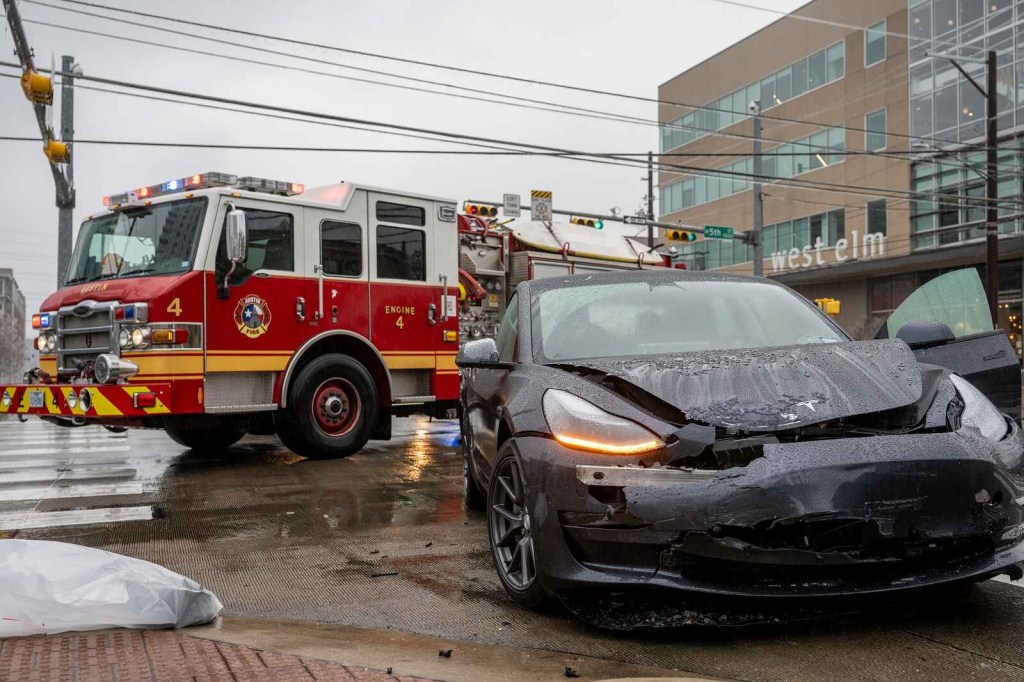
With EVs disrupting the vehicle market while the average driver is in their late 40s, we can expect a steep learning curve resulting in more insurance claims. And, as cars become larger and heavier, we can also expect accidents to result in costlier repairs.
I think we’ll start to see more hybrids come in as the short-term consumer choice until EVs iron out their faults, which won’t be indulged in the long run. Hertz’s action is a clear indication of its intolerance.
Source: CNN Business
